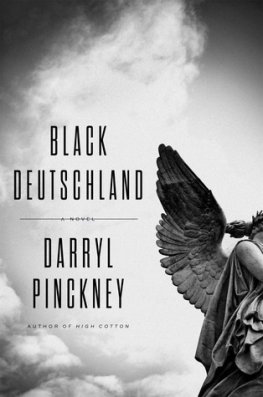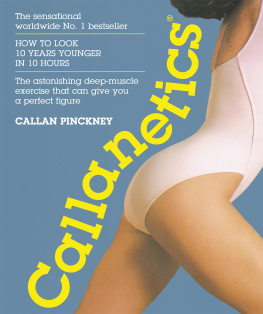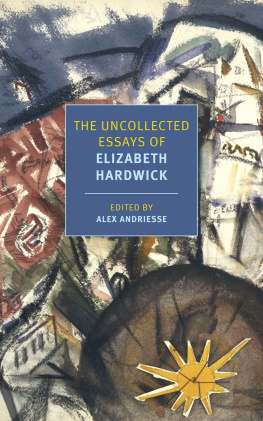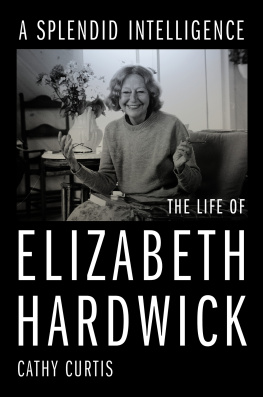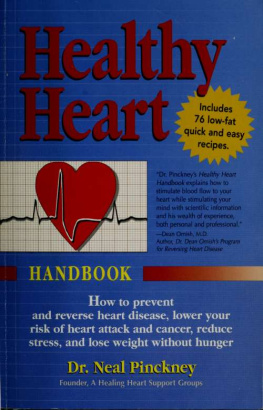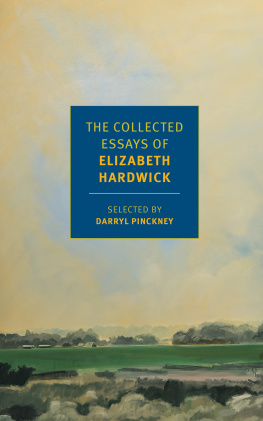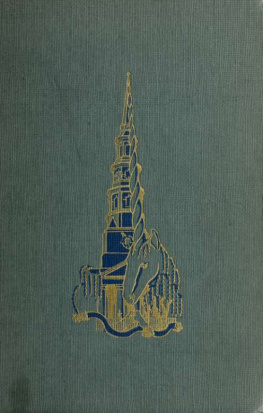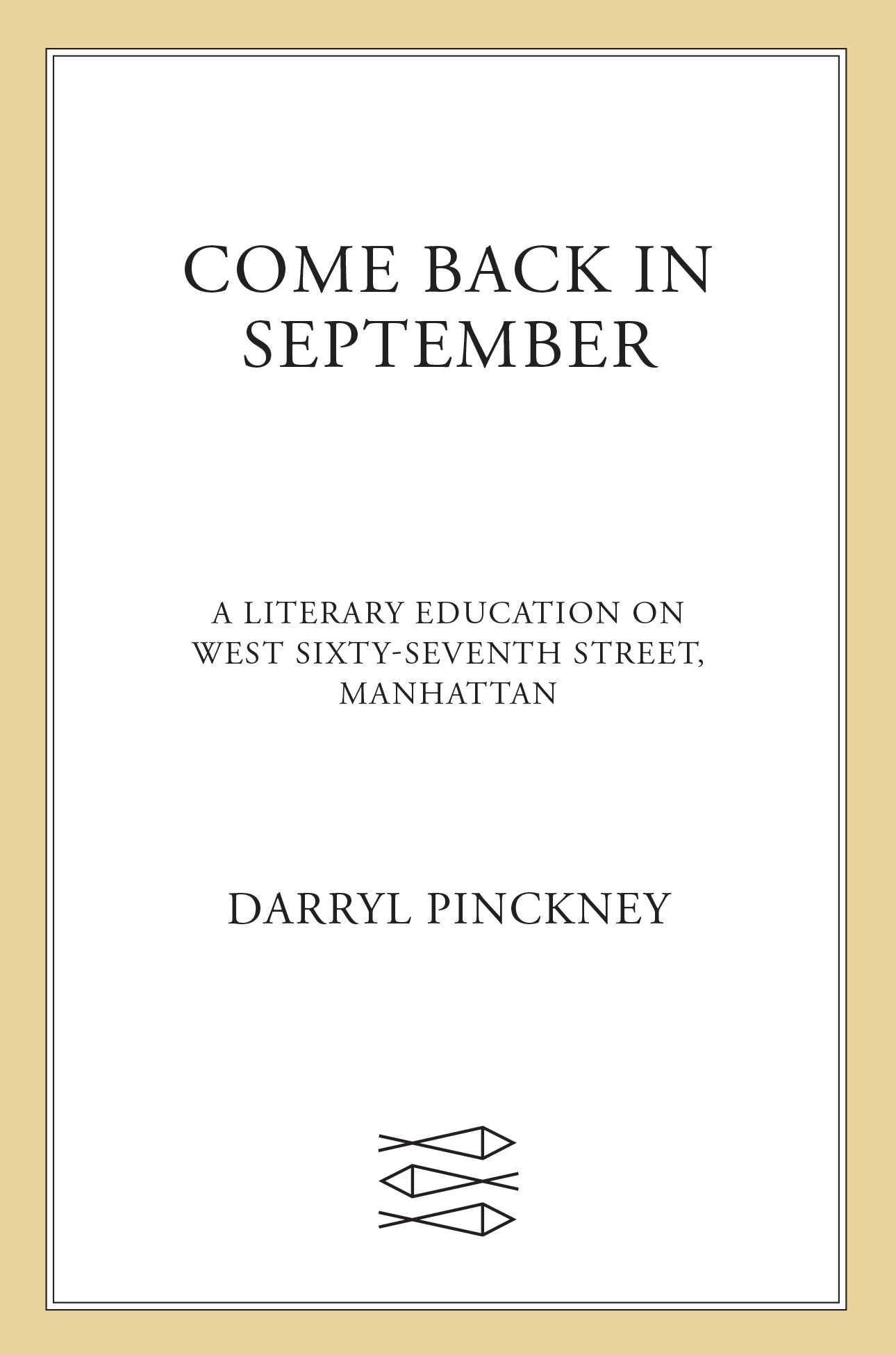Darryl Pinckney - Come Back in September: A Literary Education on West Sixty-seventh Street, Manhattan
Here you can read online Darryl Pinckney - Come Back in September: A Literary Education on West Sixty-seventh Street, Manhattan full text of the book (entire story) in english for free. Download pdf and epub, get meaning, cover and reviews about this ebook. City: New York, year: 2022, publisher: Farrar, Straus and Giroux, genre: Art. Description of the work, (preface) as well as reviews are available. Best literature library LitArk.com created for fans of good reading and offers a wide selection of genres:
Romance novel
Science fiction
Adventure
Detective
Science
History
Home and family
Prose
Art
Politics
Computer
Non-fiction
Religion
Business
Children
Humor
Choose a favorite category and find really read worthwhile books. Enjoy immersion in the world of imagination, feel the emotions of the characters or learn something new for yourself, make an fascinating discovery.

- Book:Come Back in September: A Literary Education on West Sixty-seventh Street, Manhattan
- Author:
- Publisher:Farrar, Straus and Giroux
- Genre:
- Year:2022
- City:New York
- Rating:3 / 5
- Favourites:Add to favourites
- Your mark:
Come Back in September: A Literary Education on West Sixty-seventh Street, Manhattan: summary, description and annotation
We offer to read an annotation, description, summary or preface (depends on what the author of the book "Come Back in September: A Literary Education on West Sixty-seventh Street, Manhattan" wrote himself). If you haven't found the necessary information about the book — write in the comments, we will try to find it.
Critic and writer Darryl Pinckney recalls his friendship and apprenticeship with Elizabeth Hardwick and Barbara Epstein and the introduction they offered him to the New York literary world.
Darryl Pinckney arrived at Columbia University in New York City in the early 1970s and had the opportunity to enroll in Elizabeth Hardwicks creative writing class at Barnard. It changed his life. When the semester was over, he continued to visit her, and he became close to both Hardwick and Barbara Epstein, Hardwicks best friend and neighbor and a fellow founder of The New York Review of Books. Pinckney was drawn into a New York literary world where he encountered some of the fascinating contributors to the Review, among them Susan Sontag, Robert Lowell, and Mary McCarthy. Yet the intellectual and artistic freedom that Pinckney observed on West Sixty-seventh Street could conflict with the demands of his politically minded family and their sense of the unavoidable lessons of black history.
Pinckneys education in Hardwicks orbit took place in the context of the cultural movements then sweeping New York. In addition, through his peers and former classmatessuch as Felice Rosser, Jim Jarmusch, Jean-Michel Basquiat, Lucy Sante, Howard Brookner, and Nan GoldinPinckney witnessed the coming together of the New Wave scene in the East Village. He experienced the avantgarde life at the same time as he was discovering the sexual freedom brought by gay liberation. It was his time for hope.
In Come Back in September, Pinckney recalls his introduction to New York and to the writing life. The critic and novelist intimately captures this revolutionary, brilliant, and troubled period in American letters. Elizabeth Hardwick was not only his link to the intellectual heart of New York but also a source of continuous support and of inspirationin the way she worked, her artistry, the beauty of her voice. Through his memories of the city and of Hardwick, we see the emergence and evolution of Pinckney himself as a writer.
Darryl Pinckney: author's other books
Who wrote Come Back in September: A Literary Education on West Sixty-seventh Street, Manhattan? Find out the surname, the name of the author of the book and a list of all author's works by series.

